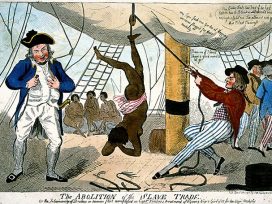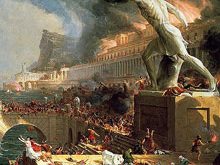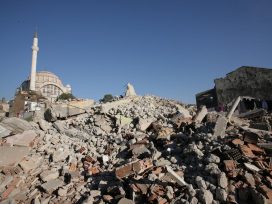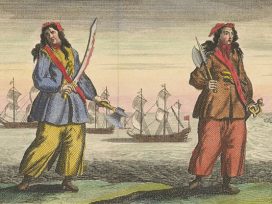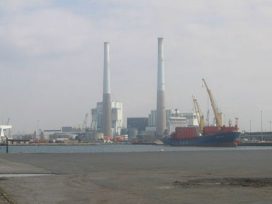
Mega-ports
On the new geography of containerization
Ports as points of juncture in the globalized transport network, operating mechanisms of access and arrest; the oceans remapped by containerization, cargo-shipping setting the pace of world commerce; the new harbours as decontextualized zones, nautical memories recycled for heritage: Olivier Mongin outlines a social geography of the global maritime system.

